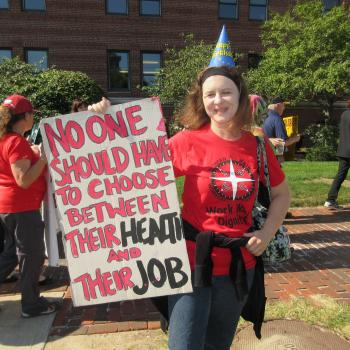Whenever I talk about the advantages of a single payer health care system, I will inevitably get some dumb comment about “socialized medicine”, as if the invocation of that very phrase (inaccurate though it is) possesses a supernatural ability to destroy any argument without the need to back up the case with logic and reason. And when I talk about the need for a social safety net, and to protect workers and families from the storms of the free market, the s-word again usually raises its ugly head. But when I see what is going on in financial markets today, it’s all quiet on the freedom front. Which is a pity, for what we are in effect seeing is the privatization of financial gain combined with the socialization of loss.
In a nutshell, the government has deployed a number of state entities to prop up the mortgage market. The problem is that the mortgage-backed securities market is dead. Normally, investment banks bundle mortgages into packages and sell them to investors, who finance the transactions by issuing debt. But private investors are no longer willing to do this, partly because they cannot get the funds. To get around this problem the government will step in. A number of government-sponsored agencies (Fannie Mae, Freddie Mac, and the Federal Home Loan Banks) can raise debt easily because people believe they have a government guarantee (implicit, not explicit). Hence these quasi-government agencies are now in the business of buying mortgage-backed securities. Fannie Mae and Feddie Mac will purchase and guarantee a broader range and quality of mortgage-backed securities, while the Federal Home Loan Banks will lend money directly to banks against mortgage collateral. The wheels can stay in motion. But the US taxpayer faces greater risk– there is a good reason why finance is no scarce at the moment. At the same time, while Bear Stearns shareholders get five time more than was initially agreed in the bailout, the US taxpayer is again bearing the entire risk by guaranteeing its lousy debt– this of course means that the taxpayer gets all of the downside and none of the upside.
Now, some of this might me justified. Some is clearly not. But how come I never hear the dreaded s-word from the cheerleaders of free market capitalism? Is there a double standard, one for large financial corporations, and one for individuals? I know which one Catholic social teaching says we should favor…












